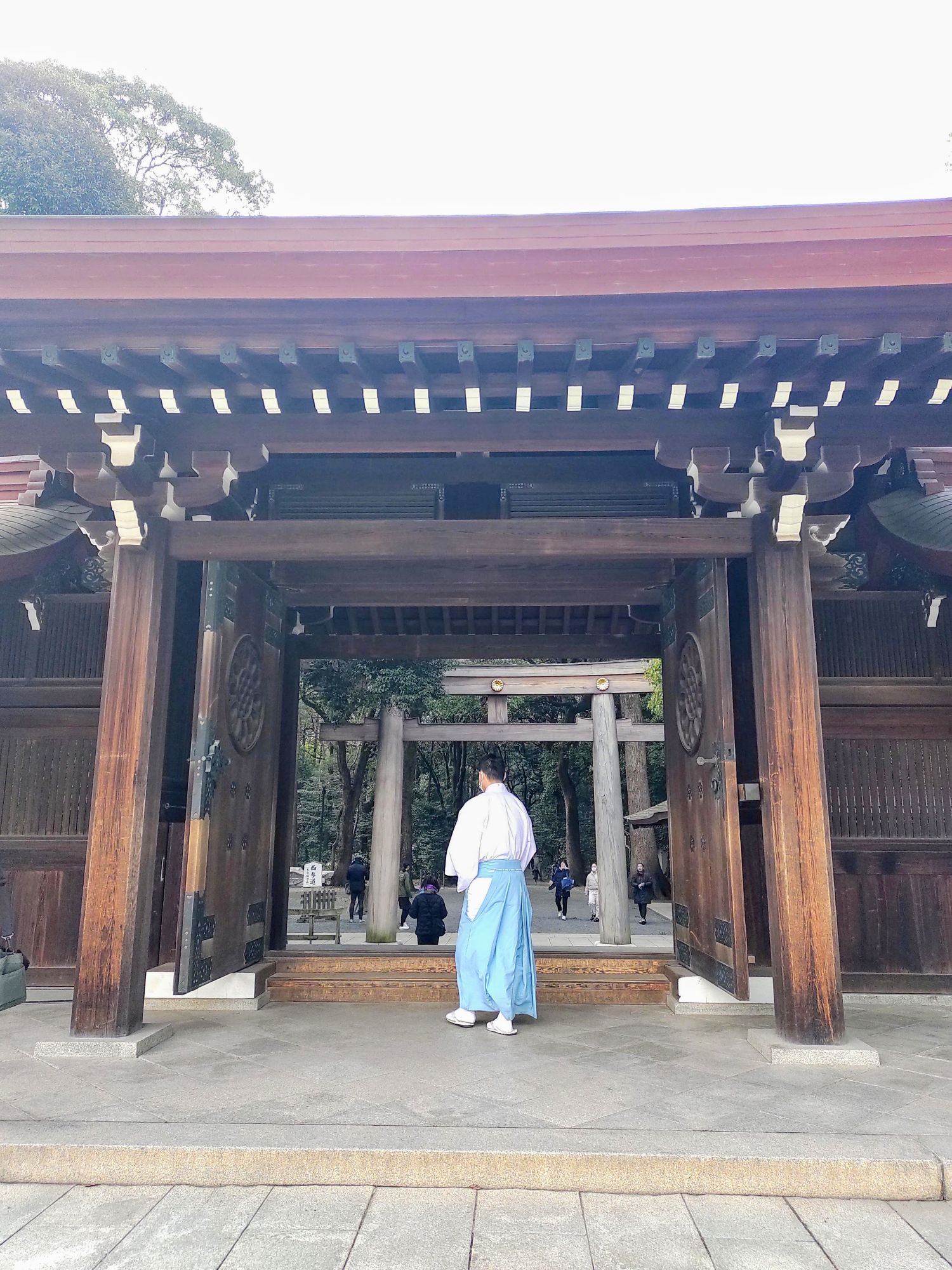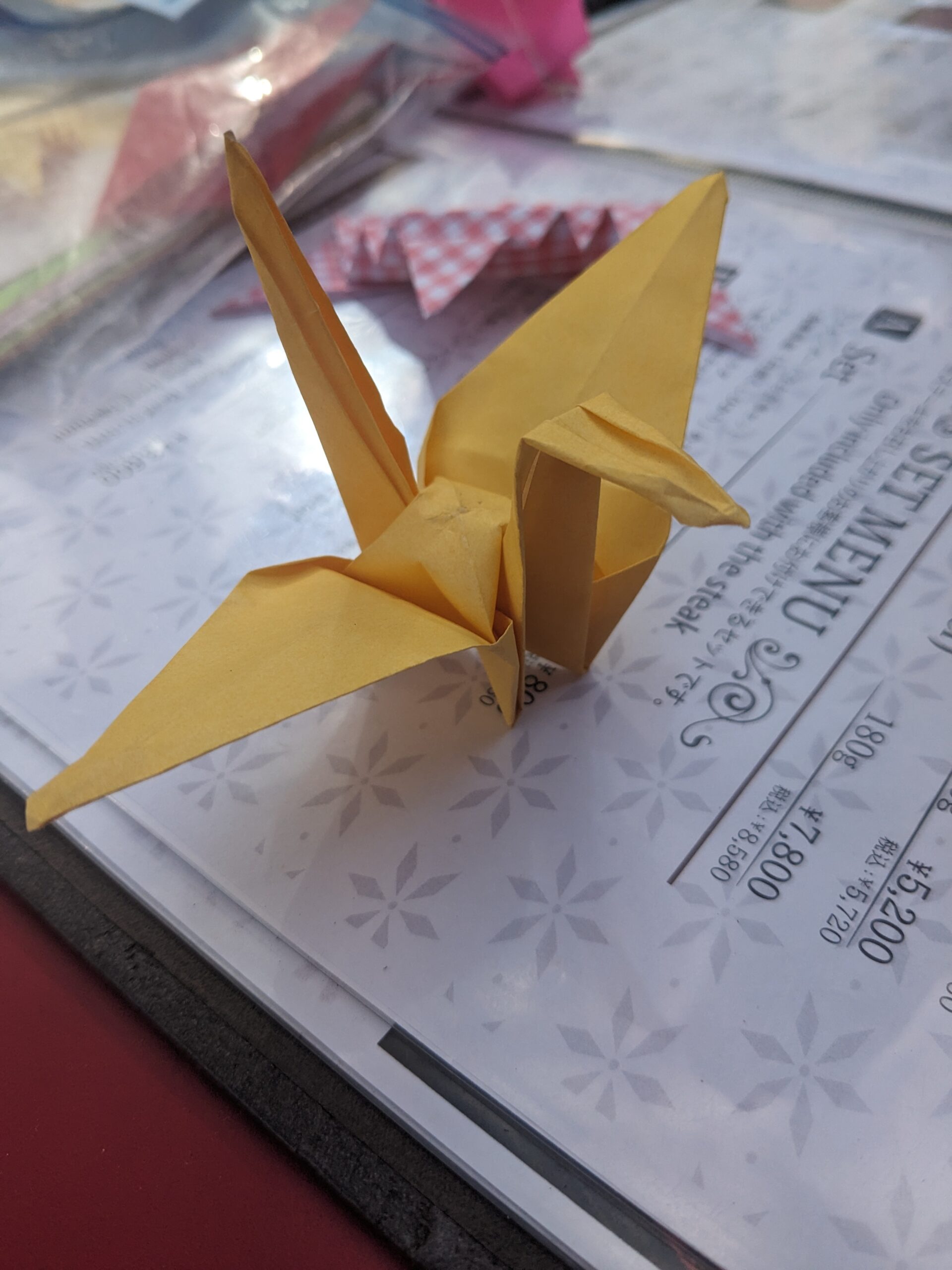
皆さんこんにちは!
In this article, I want to talk about one of the biggest concerns for people who just arrived in Japan: finding a job on a Working Holiday Visa.
Because yes — the Working Holiday Visa is meant for working and vacationing, right? And while you’re in Japan, of course you’ll want to enjoy it all: eating delicious food, visiting museums, going shopping, and a thousand other things! So don’t go anywhere — I’ll tell you everything you need to know.
🌐 Best Websites to Find a Job in Japan on a Working Holiday Visa
The easiest way — and how I and many others I know found our first jobs — is online. Most people start there. Below are the websites that helped me the most, but I’ll also explain why going in person can sometimes be the winning move.
Craigslist Japan
On this site, you can choose to view “all jobs” or filter by what interests you (though I recommend looking at everything). The site is in Japanese, but you can use a translator. Don’t worry — many job listings are in English.
You’ll find all kinds of opportunities here, but it’s important to read everything carefully. If something seems unclear, don’t hesitate to ask questions. To apply, just click the icon next to the star and select the mail option.
YOLO
You’ll first need to create a profile and verify it using your Zairyu Card (residence card). You can also add an intro video to make your profile stand out.
You can filter jobs by area, Japanese level, and contract type. Common listings include factories, restaurants, hotels, and security positions.
GaijinPot & Jobs in Japan
These two are quite similar. You can filter by job type, location, and keywords. You’ll need to build a resume directly on these sites, and sometimes a cover letter as well.
A big plus: even if you’re not in Japan yet, you can start job hunting from abroad!
If you already have a LinkedIn account, use it in Japan too. Update your profile, change the location, and write everything in English. If you know Japanese, that’s a huge plus! Though personally, I found more success using the other sites I mentioned.
Company Websites
If there’s a specific company you’re interested in, just Google the name followed by “careers” or “recruitment.” That should take you directly to the job openings. Another tip is to follow their social media (LinkedIn, Instagram, etc.), as companies often post job ads there.
If there aren’t any current openings, don’t be shy — send them a message expressing your interest in joining their team!
🏢 Going to Hello Work Offices
Personally, I didn’t use this option to find a job in Japan on my Working Holiday, so I can’t say how effective it is.
Tips for your Working Holiday Visa Japan
These are government-run employment offices that help foreigners find jobs. Some locations have English or even Spanish-speaking staff. They’ll ask about your interests and experience, and help connect you with companies for interviews.
🔍 The Value of Applying in Person for a job in Japan
Nowadays it’s easy and comfortable to apply online, but showing up in person can give you an edge. If the hiring manager is there, you can make a great first impression. And at restaurants or food spots, you might get an on-the-spot interview — and even start working immediately!
Chains like McDonald’s and other fast food places are usually easy to get into.
Also, some shops don’t post online — they just put up a sign in the window. So always keep your eyes open while walking around! I suggest carrying a few printed resumes with you. Just be aware that some places will ask for a Japanese resume (Rirekisho). But don’t worry — you can download the format online and use a translator or search for “Rirekisho template.”
📝 Writing a Resume in Japan & Keeping an Open Mind
As I mentioned, for part-time jobs, an English resume is often enough. I made templates on Canva and tailored each one depending on the job.
For example, if I was applying to be a Spanish or English teacher, I didn’t mention my job at an ice cream shop in Argentina — but I did mention it when applying to a cookie store.

When I first arrived in Japan, I focused on finding jobs related to my background. But all my experience was in Spanish, and I had almost none in English or Japanese — which turned out to be a big obstacle. So I opened my mind and started looking for different kinds of work.
Why choose Japan for a Working Holiday?
🇯🇵🗣️ Do You Need to Speak Japanese or English to get a job in Japan?
A common question is: do I need to speak the language to get a job?
The short answer: no — but the better your Japanese, the more job options you’ll have.
As for English, if you don’t speak Japanese, it helps to know at least a little. But I’ve even met people who got jobs only speaking Spanish! Look for Spanish restaurants or behind-the-scenes roles like dishwashing or hotel cleaning, where no customer interaction is needed.
💁🏻♀️ My Personal Working Holiday Experience in Japan
During my first month, I took it easy and only applied to writing and social media jobs. I had a few interviews that seemed promising, but something was always missing. My lack of English-language experience was holding me back, so I changed direction.

One day, I went to get ice cream with friends at a cookie shop and saw a “We’re Hiring” sign. I wrote down the email, sent my resume, and soon I had an interview — and they hired me! At the same time, I sent my CV to a restaurant I found on Craigslist. The next day, they called me in for an interview — and I ran into an Argentine friend I had met in Japan! It was such a crazy, happy surprise. They asked me a few questions, offered me the job, and that’s how I started my first job in Tokyo.
Later, a friend offered me another job at a different restaurant. For about a month, I had three jobs at once. Eventually, I had to quit the first one — it paid the least and was the most tiring.
Tips and Benefits of the Working Holiday Visa in Japan
Over time, I kept working at the second restaurant (which ended up getting really popular among Argentinians and Brazilians 😂) and at the cookie shop. Both jobs were flexible and the people were incredibly kind. After a while, the cookie shop offered to sponsor my visa — and I still work there to this day! It’s been nearly two years now, but that’s a story for another blog post.
🎌 Final Thoughts: Make the Most of Working in Japan
To sum up: the Working Holiday Visa is perfect for getting flexible job in Japan, exploring Japan, and soaking in the culture. It’s not ideal if your main goal is to save a lot of money, but if your goal is to enjoy Japan and gain new experiences — it’s absolutely worth it.

Don’t get discouraged if you can’t find your dream job right away. Working in different sectors is also a great experience — and you’ll meet amazing people along the way. What matters most is to try and enjoy every minute of your time in Japan.
In my next post, I’ll talk about the paperwork we all hate: opening a bank account, registering your address, getting health insurance, and more.
よろしく、
花ちゃん。

Leave a Reply